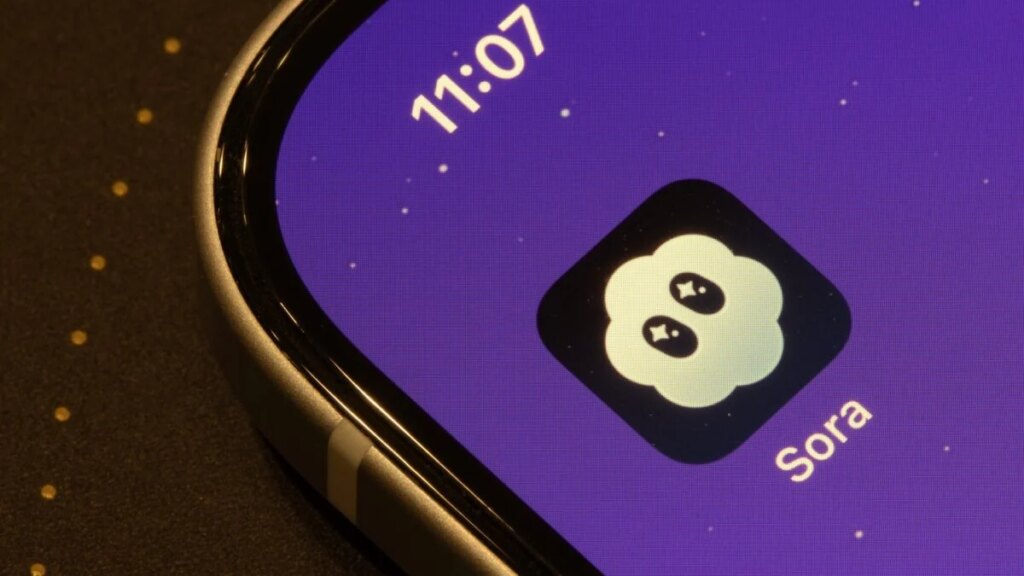According to CNBC, OpenAI must not use the term “cameo” in the Sora app after a temporary restraining order was issued by Judge Eumi K. Lee of the Northern District of California. Last month, OpenAI was sued by Cameo, the celebrity video-selling platform for violating its trademark.
The judge’s restraining order will expire on December 22.
Sora is the social-media-style app that debuted alongside the attention-grabbing video generation model Sora 2 on September 30. Much of the controversy around the use of the model (and app) has directly or indirectly involved the Cameo feature.
“Cameos” in Sora are video generations involving likenesses uploaded through a process within the app. Prompting Sora for a Cameo allows the user to invoke a specific person, and receive a video featuring a sanctioned version of that person, be they a celebrity Sora user or just a friend.
“Cameos” in Cameo, meanwhile, are the videos users buy from celebrities. When you initially book one, the platform calls it a “personalized video,” but when your order is fulfilled, the push notification you get from the Cameo app says “Your Cameo from [celebrity] is ready.” So if you’ve ever said something like “I got a Cameo of Kenny G for my birthday,” you were using the term as Cameo apparently intends, and apparently feels is part of its trademark.
OpenAI’s statement to CNBC, reads, “We disagree with the complaint’s assertion that anyone can claim exclusive ownership over the word ‘cameo’, and we look forward to continuing to make our case to the court.”
Confusingly, not every Sora video involves a Cameo, and certain people have been easy to generate with Sora without using the Cameo feature to mark that person’s participation as official. This included likenesses of Michael Jackson—which OpenAI apparently deemed acceptable because Jackson is dead.
Others, like living actor Bryan Cranston could be added through workarounds. In the case of Cranston, no Cameo was necessary if the user prompted with the term “Walter White,” his Breaking Bad character, which introduced additional confusion around copyrighted characters.
Cameo claimed OpenAI’s use of the word was a decision made “in blatant disregard for the obvious confusion it would create.” Cameo also noted that personalities like Mark Cuban and Jake Paul are on Cameo, and can be Cameo-ed on Sora, which adds to the confusion, Cameo argues.
It’s worth noting that while “cameo” is indisputably a valid word independent from its connection to the celebrity video platform, OpenAI does capitalize the first letter in “Cameo” when it uses the word in conjunction with the Sora feature.
Last week, the library app OverDrive sued OpenAI over another Sora-related trademark issue, claiming that the image it uses as its app icon and watermark is too similar to OverDrive’s icon.
When Gizmodo tested Sora while reporting this article, the app still contained the word “Cameo.” We reached out to OpenAI for information about whether they plan to comply with the order, and will update if we hear back.

